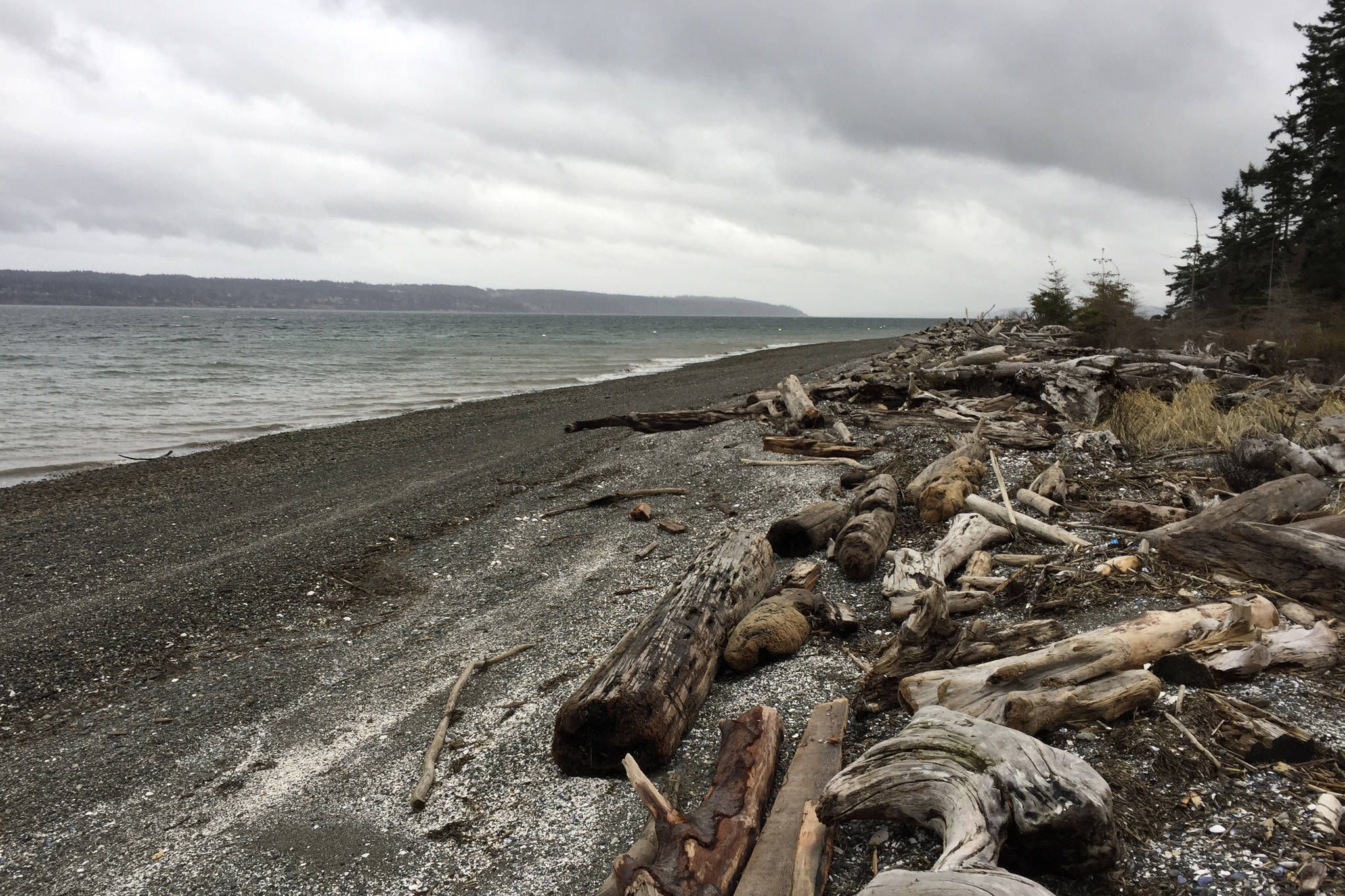In 2016, the Environmental Protection Agency provided $28 million in funding for shoreline restoration, pollution mitigation, and education projects in Puget Sound. If the Trump administration’s proposed budget goes through as drafted, that funding by 2018 would drop to just $2 million — putting it among the most drastic local cuts in the nation.
According to data obtained by The Oregonian, Puget Sound gets a slightly better deal in the plan than just a handful of other recipients, including the San Francisco Bay and the Great Lakes region. As it stands, the budget blueprint would shave off a quarter of the EPA’s total budget, from about $8 billion right now to about $6 billion in 2018, and eliminate some 3,000 jobs.
“It’s incredibly dramatic,” says Chris Wilke, executive director of Puget Soundkeeper, an organization that supports clean water and ecosystems in Puget Sound and may see a fiscal impact on a project that targets pollutants from boats and marinas. “It’s important to realize that these aren’t just numbers on the page. These are programs that are cleaning up toxic pollution, going to construct water treatment facilities… This is not about enforcement, about issuing fines, this is about actually protecting our air and water and some of our most cherished national areas.”
Puget Sound, along with the Chesapeake Bay and the Everglades, has been declared an estuary of national significance under the current EPA; under the new proposed budget, both Puget Sound and the Chesapeake Bay would lose nearly all of their EPA funding. Also under attack: the majority of funding for anything having to do with enivronmental justice, which addresses the disproportionate impacts of pollution on marginalized communities.
Promoting clean air and water, Wilke notes, is something that President Donald Trump has said he supports (while simultaneously issuing an executive order that would limit the scope of the Clean Water Act). This blueprint “is in direct contradiction” to some of the high-level statements coming out of the administration, he says. “There’s a lot of hypocrisy going on right now.”
And while Trump has often declared his stance that environmental regulation destroys jobs, Wilke takes care to add that in addition to eliminating 3,000 jobs with the EPA, the plan would also eliminate local jobs that depend on this funding, such as toxic cleanup work, constructing water treatment plants, or helping salmon survive. “The net result here is more closed swimming beaches, more drinking water sources impacted,” he says — not to mention the impact on the federal government’s obligation to protect tribal fishing rights. Millions in EPA funding currently supports the Northwest Indian Fisheries Commission.
None of this is set in stone yet; there will likely be changes. But the draft does nothing to allay the fears stoked following the nomination of EPA head Scott Pruitt, who has repeatedly sued the EPA and debated the existence of human-caused climate change, and during Trump’s first week in office, when the new administration put a temporary freeze on all EPA grants (and a gag order on all EPA employees).
“The thing that [the new administration] needs to be aware of is that… these are things that people care about,” Wilke says. “They’re not going to be able to hide from this. If we go back to the 1960s with rampant pollution — our rivers catching on fire — people are going to know who is the source of those changes. I hope it doesn’t come to that. But that’s basically what’s at stake.”
UPDATE (March 4, 10 a.m.): U.S. Representative for Washington’s 7th District Pramila Jayapal weighed in on the draft budget this morning. “By slashing this agency, President Trump is putting our children and our planet at great risk,” read the statement from Jayapal, who is vice ranking member of the House Budget Committee. “I intend to do everything I can to fight back against the Trump administration’s irresponsible, ill-conceived budget proposals.” This follows on a joint statement issued yesterday by her fellow Democratic reps Derek Kilmer, of Washington’s 6th district, and Denny Heck, of the 10th. The statement quotes Killmer, the vice ranking member of the House Appropriations Committee, saying, “On the heels of a speech in which President Trump committed to working for clean water and good jobs, this proposal would devastate efforts to restore shellfish beds, revitalize salmon runs, and recover the Sound for future generations.”
sbernard@seattleweekly.com








